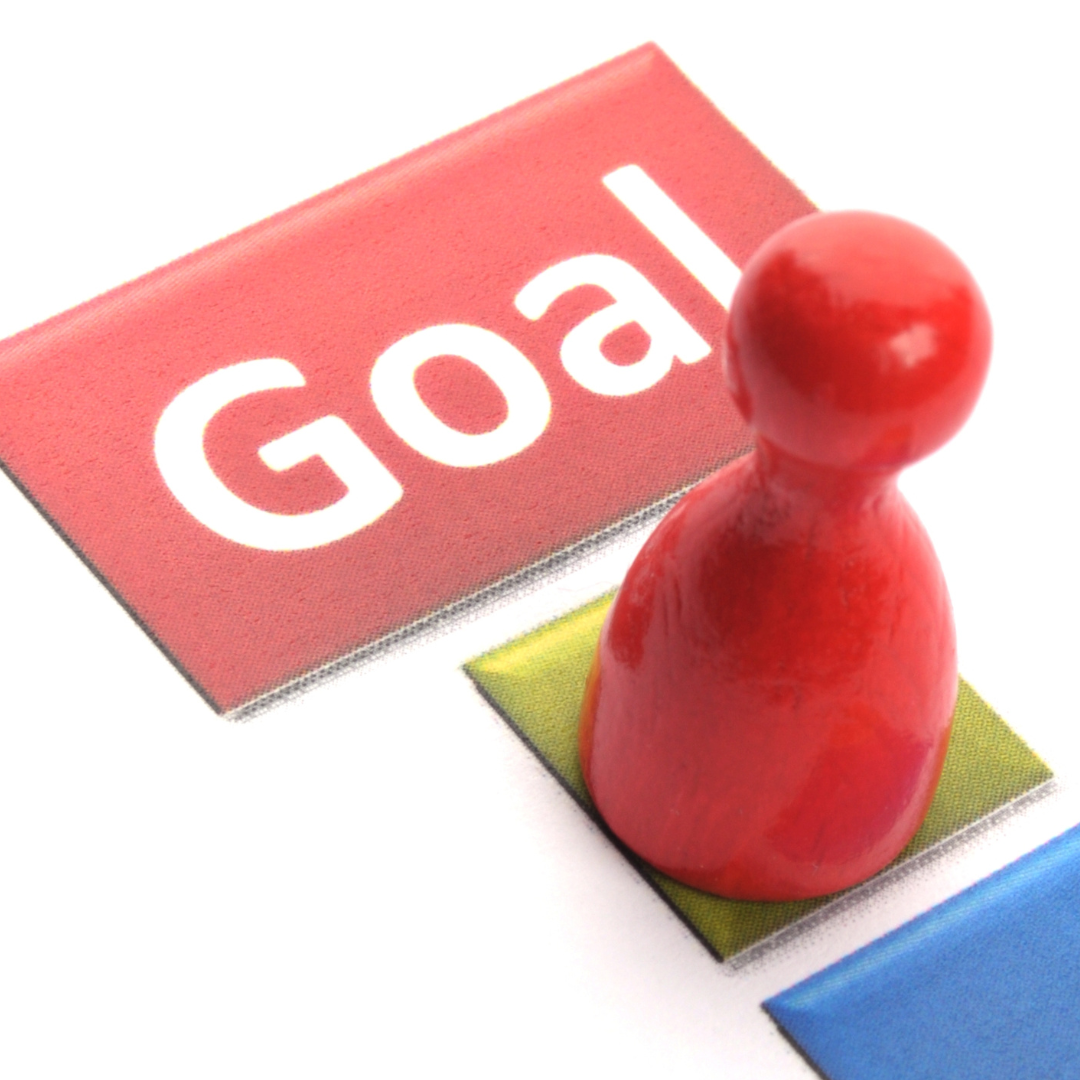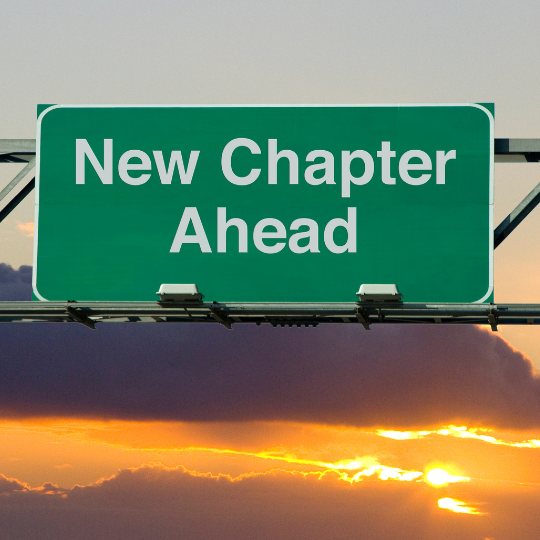Unconditionally Loving Yourself
 In my quest to learn how to heal myself, probably the most meaningful truth I’ve discovered is that the root of nearly every relationship problem we encounter can be traced back to the inability to unconditionally love oneself. It might not seem obvious, but if you had an argument with a loved one recently, it can be traced back to how you feel about yourself. In fact, I’d go so far as to say that every conflict we engage in has something to do with our sense of Self.
In my quest to learn how to heal myself, probably the most meaningful truth I’ve discovered is that the root of nearly every relationship problem we encounter can be traced back to the inability to unconditionally love oneself. It might not seem obvious, but if you had an argument with a loved one recently, it can be traced back to how you feel about yourself. In fact, I’d go so far as to say that every conflict we engage in has something to do with our sense of Self.
When it comes to relationships, we tend to view others as doing things to us. And while there may be some truth to that view, it’s isn’t so much the actions of others that is important as it is how we relate to those events. How we relate to events is all about how we process our base feelings. Our emotions are the result of processing our feelings through the filter of our beliefs.
Beliefs can be summed up very easily. They’re nothing more than thoughts that have been repeated many times. Most of our beliefs are formed in our early, “formative” years prior to developing our critical factor. In those first 5 or so years of life, we tend to very straight-forwardly believe what our authority figures instill in us. It is as if we’re an empty book upon which our future “truths” are written. Those first few years are vitally important in who we become as people.
The situation can be rather complicated when our authority figures have issues such that they instill within us feelings of inadequacy, insecurity and a lack of worth. Many a child has been presented with the immense burden of guilt for somehow not measuring up to an adult’s expectations (usually itself a signature that the adult was bestowed a similar burden of guilt as a child). I was one of those fidgety, daydreaming kids and I remember well being told by a teacher that I’d never amount to anything. I’m grateful that I managed to find the truth of who I am and was able to shake off that belief. It took me well into my adulthood before I managed it.
In studying my own personal demons and then looking outward at the experiences of others, I came to realize that the strife we experience in our relationships always exists as an expression of the lack of self-love and self-worth experienced in each participant. Arguments arise more from the need for recognition rather than from any sense of wrongdoing. I say that because without sensing a lack of recognition, one would never have reason to speak loudly. We yell because we don’t feel heard. We yell because we don’t feel validated. And we don’t feel validated because we don’t have a healthful relationship with Self.
There’s often some confusion about unconditional love because a lot of folks aren’t really sure of what love is. The dictionary doesn’t help, either, because right there in the definition of love is the confusing word itself: affection. It’s fair to say that romantic love is all about affection, but unconditional love transcends mere affection and stands entirely separate from it.
Unconditionally loving oneself could be described as transcendental acceptance of our entire Being. It’s the old “warts and all” thing, with special emphasis on acknowledging our ultimate perfection within the moment. It involves accepting any and all faults one may have and viewing that state in the moment as being exactly who we need to be in order to Be.
Unconditional love does not know guilt, for guilt is the expression of wrongdoing. Of course, that doesn’t mean that our actions are without negative consequence. It means that we objectively process our actions and their consequences without the burden of guilt and are able to learn from them. Without the burden of guilt, we have the capacity to see things much more objectively, which is especially important if we are to cultivate a society that leans towards altruistic behaviour. Guilt may make for useful motivation, but it is terrible at inspiration.
During my limited time during this incarnation, I’ve had no small number of experiences that made learning to unconditionally love myself rather challenging. Learning how to objectively view my behaviours has not always been easy, but it has always been of great benefit. The more I practice, the easier it gets. Moreover, the more I practice unconditionally loving myself, the better all my relationships get.
The biggest impediment to happiness may very well be using others’ views of us to determine our sense of worth. I’ve done it (over and over, it seems) and it always turns out the same: I get unhappy. And there’s the crux of the matter: When you leave your sense of worth up to others, you empower them to control your happiness. It’s not a workable way of living simply because it’s just not possible to become complete through the perception of others. You can only be complete through your perception of Self.
Loving yourself, completely and without reservation despite any issues and hang-ups you may have, is the first and most fundamental step forward into any lasting healing. In such transcendental acceptance of Self, you open up limitless possibilities in being able to move your viewpoint of any trauma from hurtful to healthful. You can discover true forgiveness, of Self and others, and move from a place of waiting for your happiness to be bestowed upon you to creating it with your own limitless understanding and love of yourself.
And, for the record, not only do I love myself, I love you, too.
trane




July 10, 2012 at 11:47 am
heather
Trane. Time has perserved your gentle soul and loving heart…so well said and heart felt …from the heart of an old friend..ditto to you. 🙂
July 10, 2012 at 11:43 pm
Trane Francks
Awwww, thank you, Heather. I appreciate the kind words and I’m delighted that you found the site! May the things you find here help you on your own journey. <3